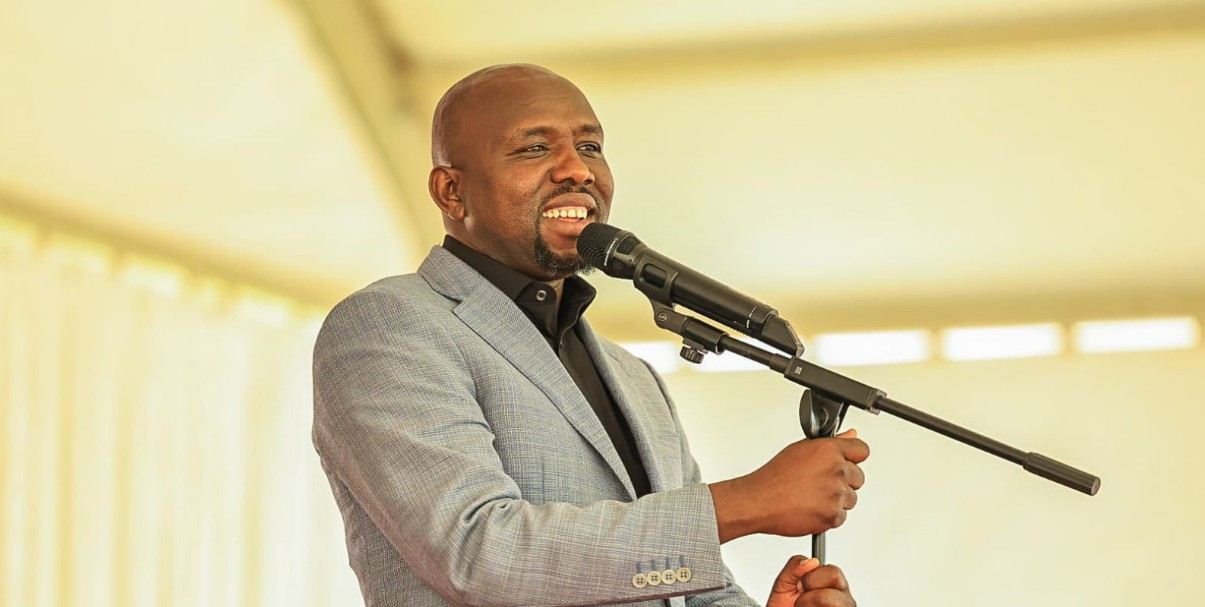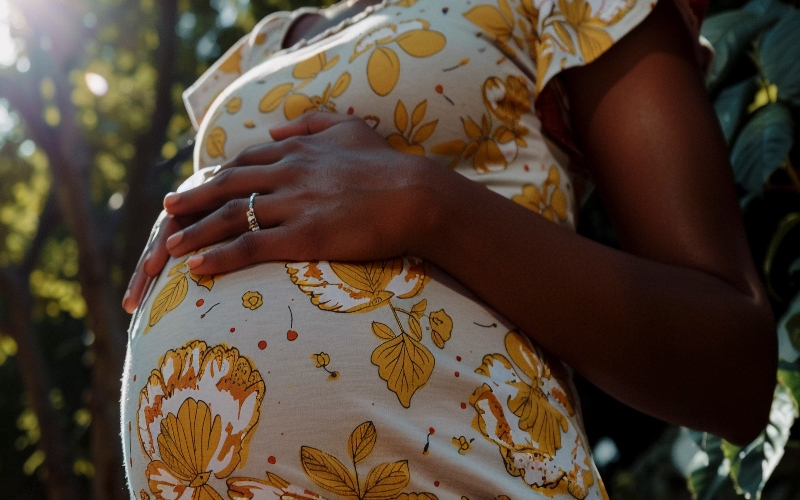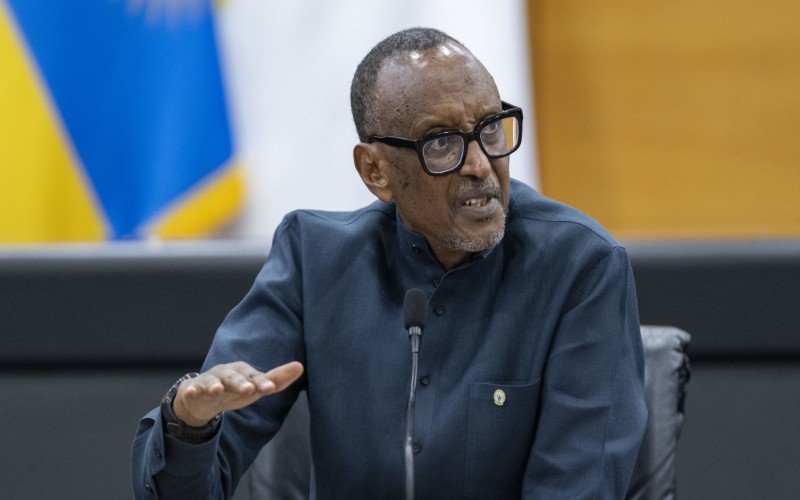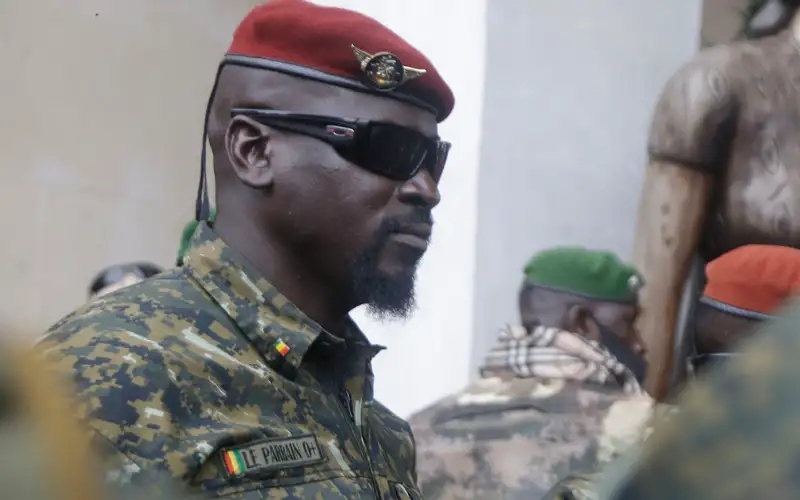Kenya declares Muslim Brotherhood, Hizb ur Tahrir terrorist groups in major security crackdown

Kenya’s decision to proscribe both groups reflects broader security priorities—particularly preventing the spread of extremist ideologies and blocking the financial and operational networks that could fuel radicalisation among vulnerable youth.
The Kenyan government has officially designated the Muslim Brotherhood and Hizb ur Tahrir as terrorist organisations in a move aimed at tightening security and curbing the influence of extremist networks in the country.
In a gazette notice dated September 19, 2025, Interior Cabinet Secretary Kipchumba Murkomen announced that the ban will remain in force indefinitely unless revoked by the Cabinet Secretary or overturned by a court. This makes it illegal to fund, support, or operate these groups in Kenya.
More To Read
- Kenya’s justice system under strain amid rising mob justice, overcrowded prisons
- Murkomen vows crackdown on criminal gangs at Nairobi Jukwaa la Usalama forum
- Interior CS Murkomen says Mandera chiefs to be armed as state battles Al-Shabaab threats
- Murkomen: Hate speech has declined in Kenya, but notorious inciters persist
- Police ready to handle potential unrest as Gachagua returns from US, Murkomen assures
- Murkomen: Chiefs to receive pay rise, firearms training in fresh welfare reforms
The declaration, issued under the Prevention of Terrorism Act, applies specifically to the entities listed in the official notice.
“The declaration shall remain in force until it is revoked by the Cabinet Secretary or by order of the court,” Murkomen said, underscoring the indefinite nature of the ban.
The Muslim Brotherhood, founded in Egypt in 1928 by Hassan al-Banna, is regarded as one of the most influential Islamist movements of the 20th century. It combines Islamic revivalist ideology with social, educational, and political activism, advocating for governance according to Islamic law.
Fostering extremist ideologies
While the group has engaged in elections and democratic processes in some countries, it has also been accused of fostering extremist ideologies and providing the foundation for organisations such as Hamas, which is already designated a terrorist group by multiple countries.
Several states, including Egypt, Saudi Arabia, the United Arab Emirates, Bahrain, and Russia, have banned the Muslim Brotherhood, citing its role in spreading extremism and destabilising governments. Supporters, however, see it as a vehicle for social reform, welfare provision, and political participation.
Hizb ur Tahrir, the second group listed in the Kenyan notice, advocates for the establishment of a global Islamic caliphate. It has been banned in multiple countries due to concerns about promoting radicalisation.
Kenya’s decision to proscribe both groups reflects broader security priorities—particularly preventing the spread of extremist ideologies and blocking the financial and operational networks that could fuel radicalisation among vulnerable youth.
Analysts note that outlawing such transnational movements will strengthen Kenya’s ability to monitor and dismantle networks that exploit the political system and charitable organisations.
War on terror
The move comes as part of Kenya’s ongoing war on terror, which has intensified since a series of devastating attacks over the past decade. These include the 2013 Westgate Mall siege that killed at least 67 people, the 2015 Garissa University massacre that left 148 dead, and the 2019 DusitD2 hotel attack that claimed 21 lives. All were linked to al Shabab, a Somalia-based al Qaeda affiliate that continues to launch cross-border raids.
In response, Kenya has expanded intelligence operations, carried out military interventions in Somalia, tightened border security, and introduced rehabilitation programmes for returnee fighters.
While these measures have reduced large-scale attacks, sporadic incidents still occur in border counties such as Mandera, Garissa, and Wajir.
By designating the Muslim Brotherhood and Hizb ur Tahrir as terrorist organisations, Kenya seeks to neutralise potential threats, reinforce domestic security, and align itself with regional and international counter-terrorism efforts.
Top Stories Today













































